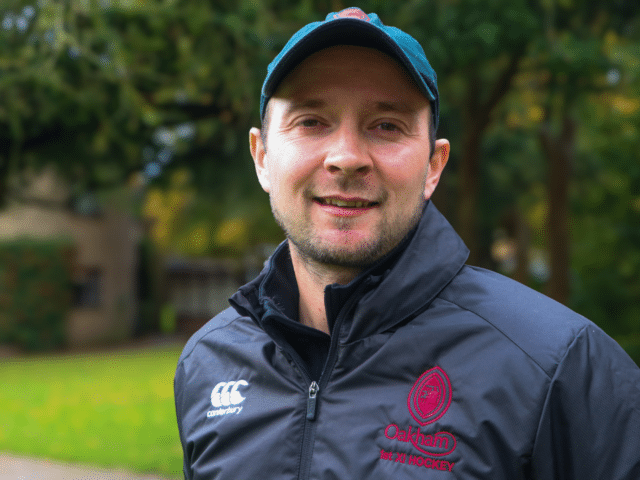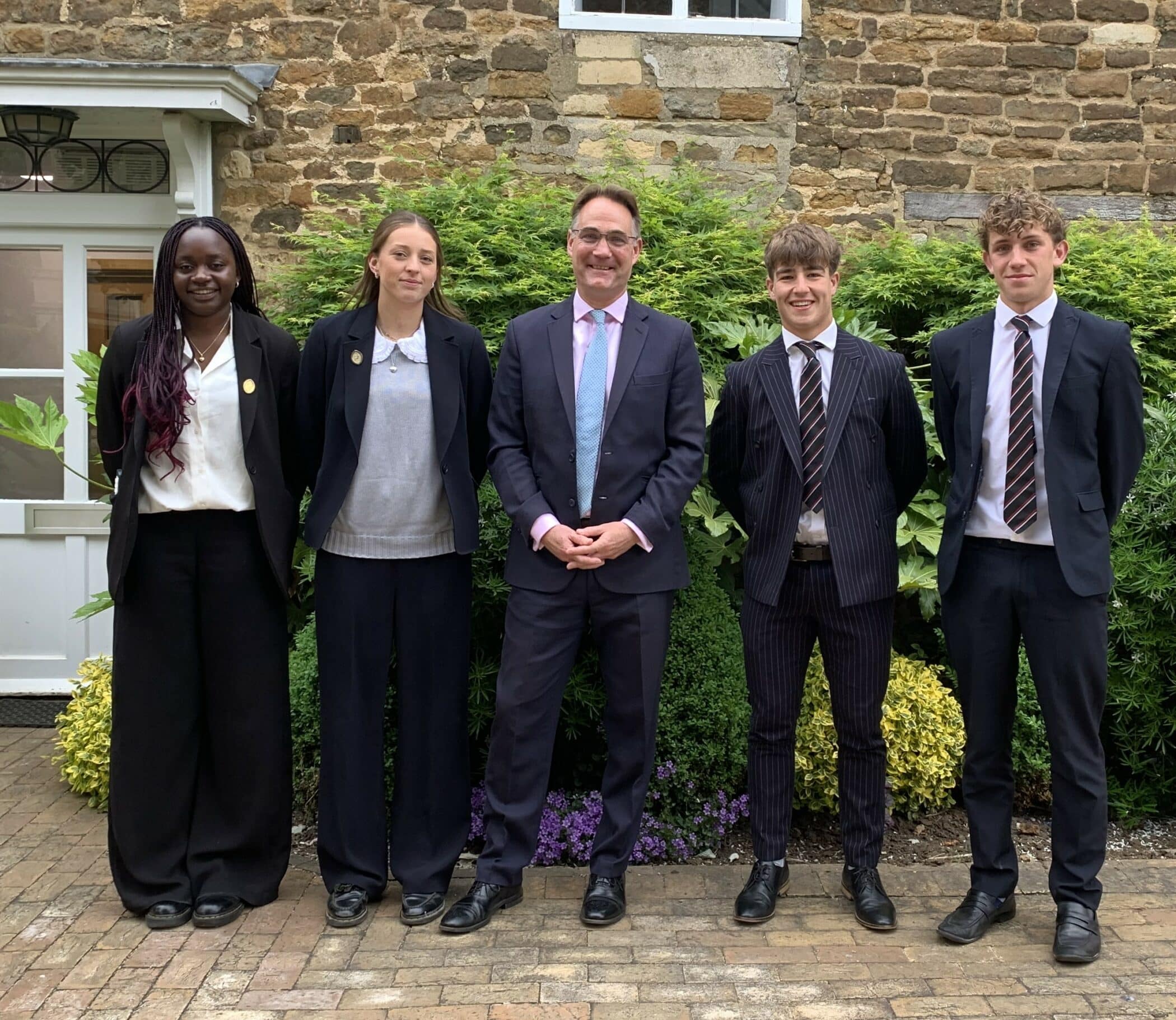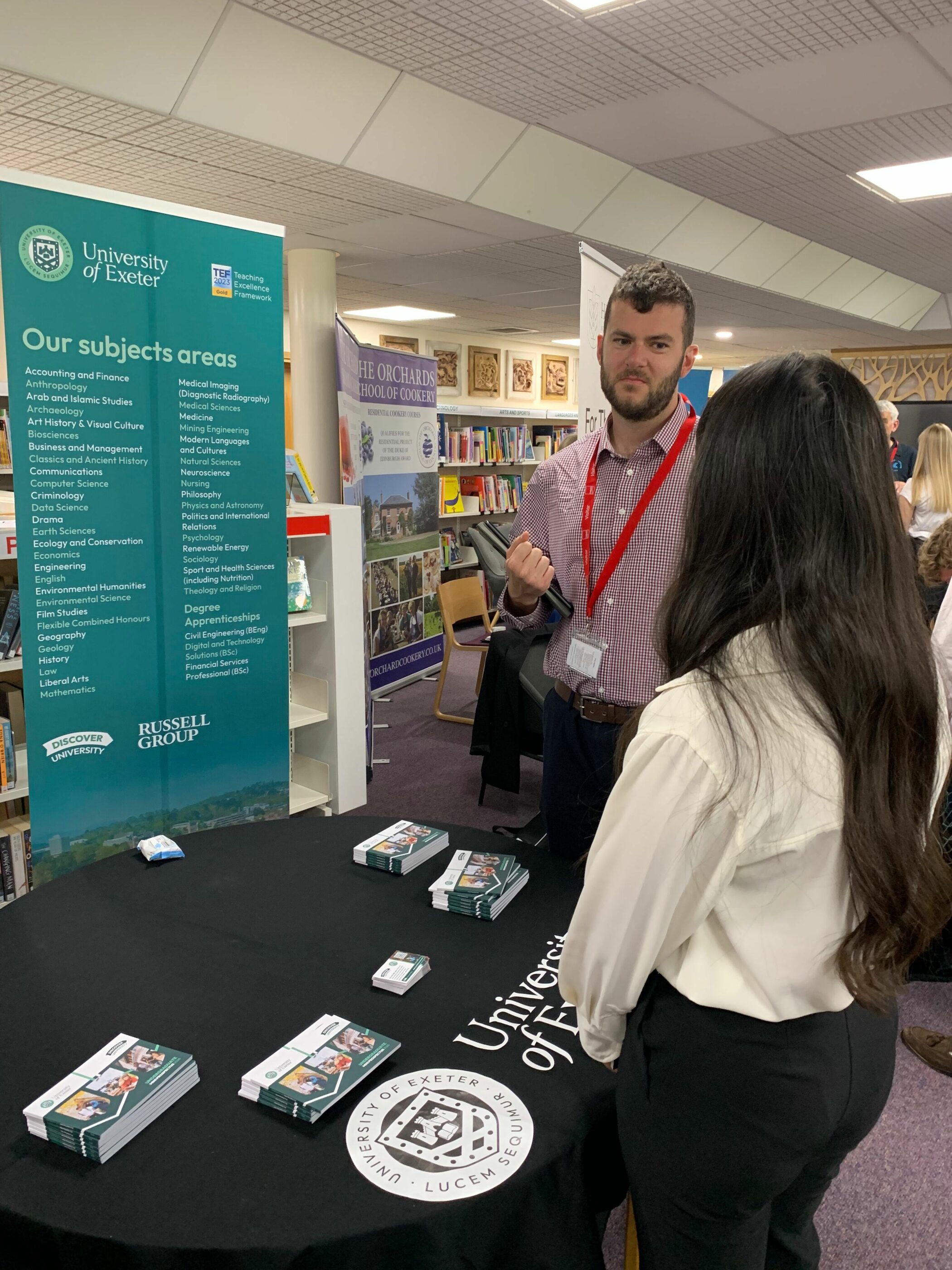Following his appointment as Oakham School’s new Director of Hockey, Neil Evans has outlined his thoughts on why hockey is such a great game and how to get the most out of it.

How did you start playing hockey?
“I went to a school that didn’t play hockey; we didn’t have the equipment, the astroturf pitch or the staff that knew about the game.
“When I was 12, somebody came into the school from City of Peterborough Hockey Club and organised a taster session. Me and some friends decided we’d give hockey a go.
“The club invited us to attend training on the following Thursday evening. I went along and the rest is history. I really fell in love with the game. It helped that I was able to get quite good at it quite quickly.”
What do you like about the game?
“The social side is a big selling point for hockey. There are loads of team games, but I think what hockey has that sets it apart from other sports is the hockey family feel, which is very difficult to put into words. The way that hockey matches are played is very sociable; it’s not just a game, it’s more than that.
“Hockey is also great for fitness because it’s such a fast and physically demanding game.
“There are so many opportunities to play the game. Anyone at any age, male or female, can pick up a stick and play hockey. Lots of clubs have their own sticks and equipment, meaning you really can just turn-up and play.
“With so many leagues, there is a suitable level for people of all abilities, as well as the opportunities to turn-up and train if that’s what you want to do. Whoever you are and whatever your background, there are opportunities to play hockey.
“Whilst it is a difficult game to master, you can learn the basics really quickly.”
Who do you look to within the game for inspiration?
“As a coach, I’m always trying to learn from others. Not just people at the very top of the game, but sometimes also people involved at a similar level.
“Dutch hockey is renowned for being some of the best hockey in the world. As well as having very high participation in hockey in the Netherlands, their approach to the game is admirable. Children start playing hockey at a young age, and are taught the fundamentals of the game right away. So Dutch children often have good technical ability by the age of eight or nine; they are then taught the tactical side of the game. This approach gives young hockey players a head start in the game.
“Here at Oakham, I want to make sure that pupils are comfortable with the technical basics of the game before learning the more complex aspects such as tactics and formations.”
What advice do you have for young hockey players?
“Individuals need to decide what they want from hockey. That can be anywhere on a spectrum from just wanting to turn up and enjoy the game to wanting to play for Great Britain. Depending on what that answer is, we can work out what is required to strive towards achieving that.
“Not everybody is able to achieve their goal, but I think it’s important to have something to aim for. It’s our job as coaches to give players the best possible tools to help them achieve their goals.
“At Oakham School we’re able to offer individual sessions to work on technical skills, we have a full time strength and conditioning coach, and we have the facilities to be able to offer tactical instruction using video analysis.
“I want players to think for themselves. To be good hockey players – and good sportspeople – pupils need to have good decision-making ability. I think that is partly down to how we coach them, and what questions we are asking them. Hockey is such a fast-moving game, so you need to think quickly. I want to see players taking control and taking responsibility on the pitch.
“The most important thing is that pupils enjoy their hockey. At any level, sport has got to be enjoyable. Then, how do we get the performance levels to marry up with the levels of enjoyment. Oakham has always done this really well. It is my job to maintain this and to develop it even further.”





